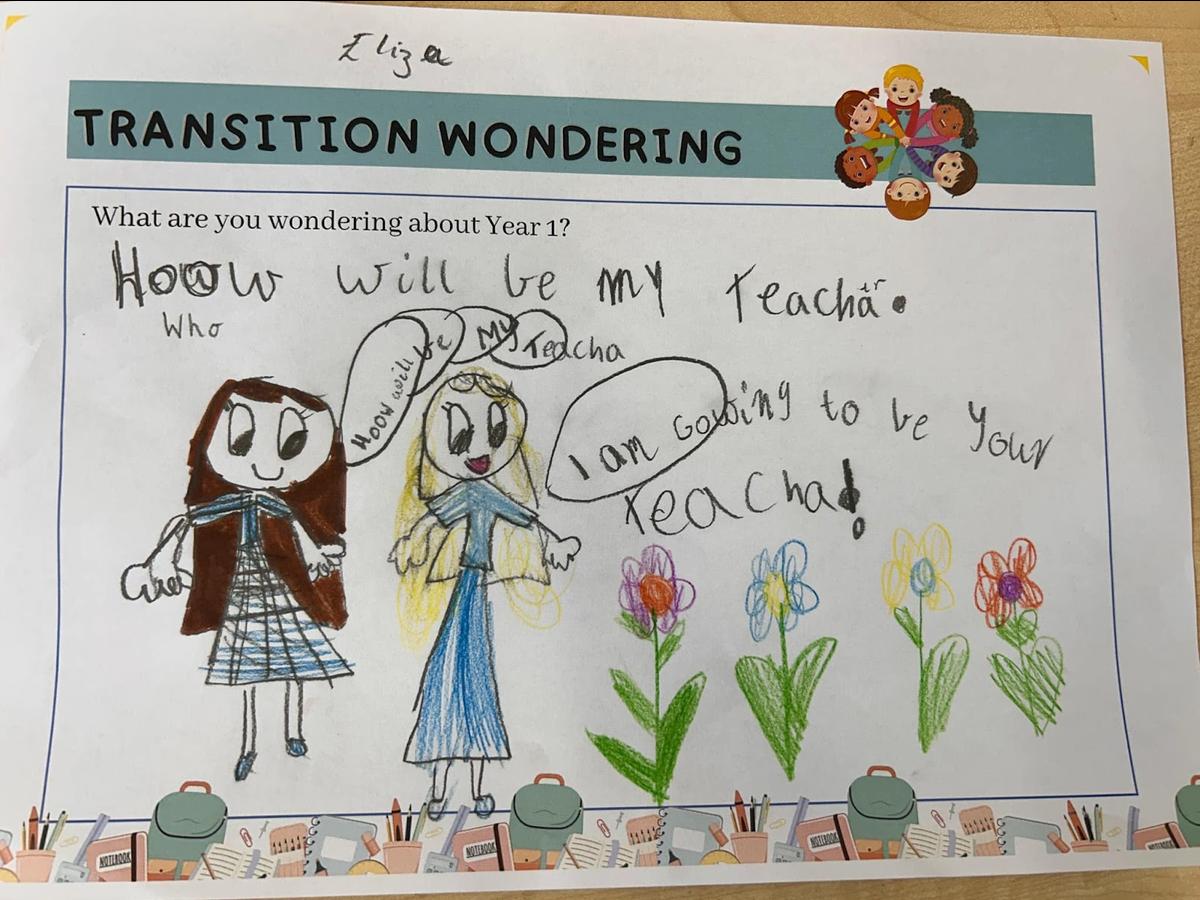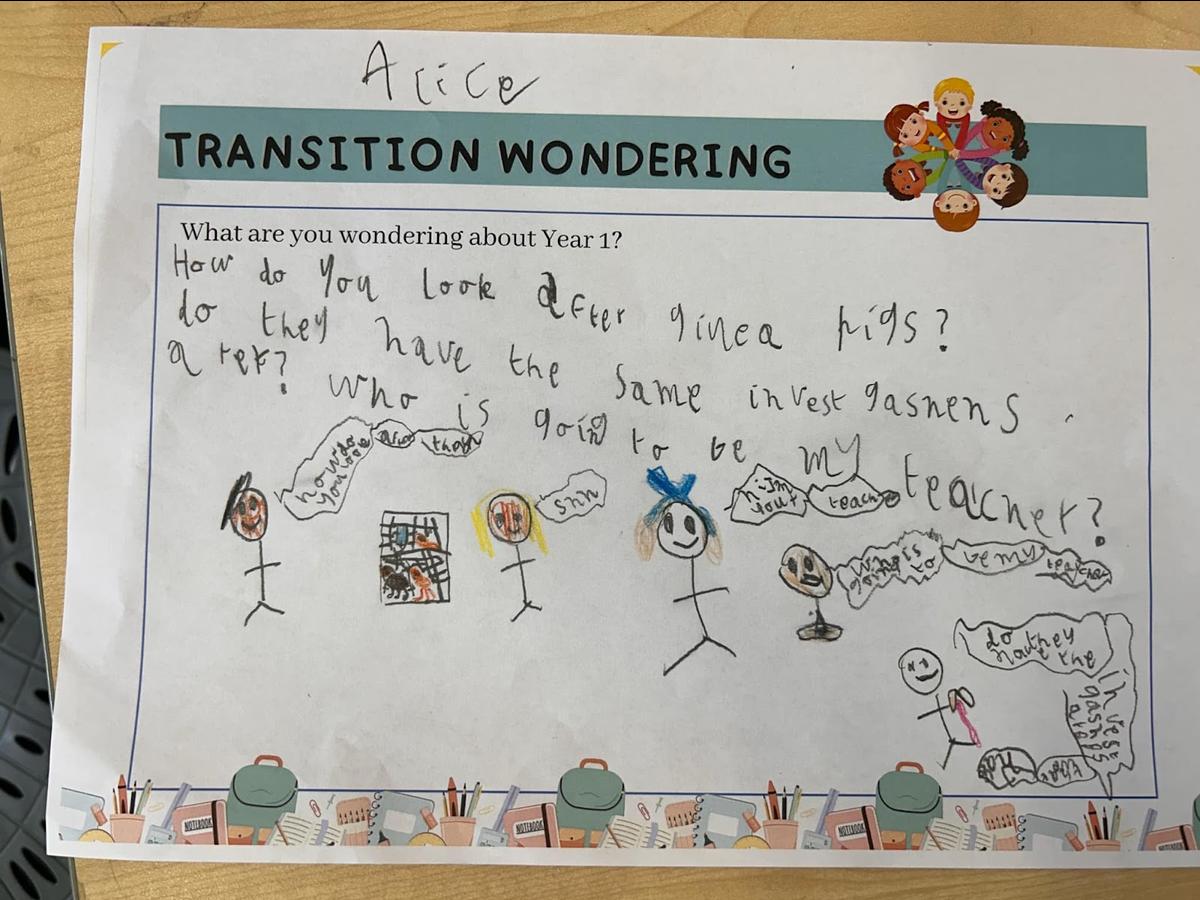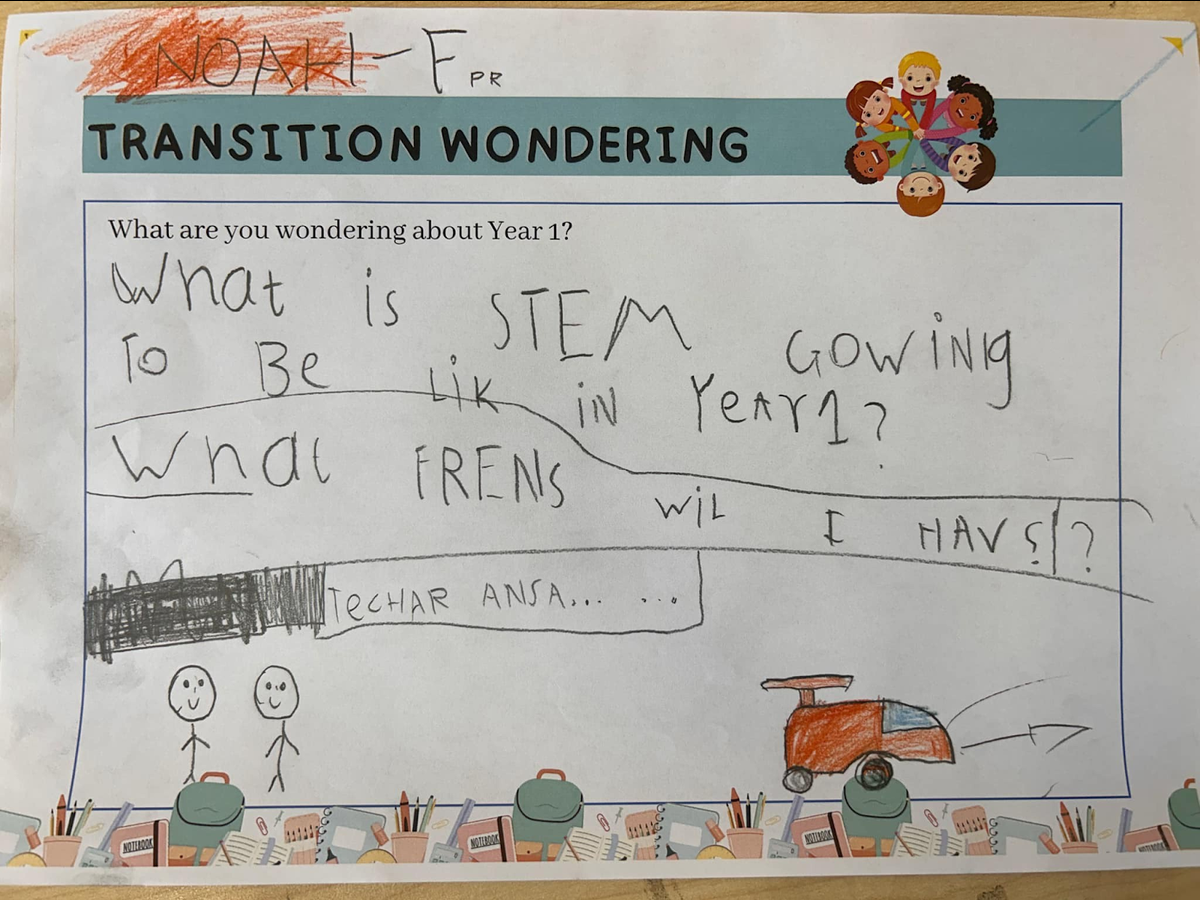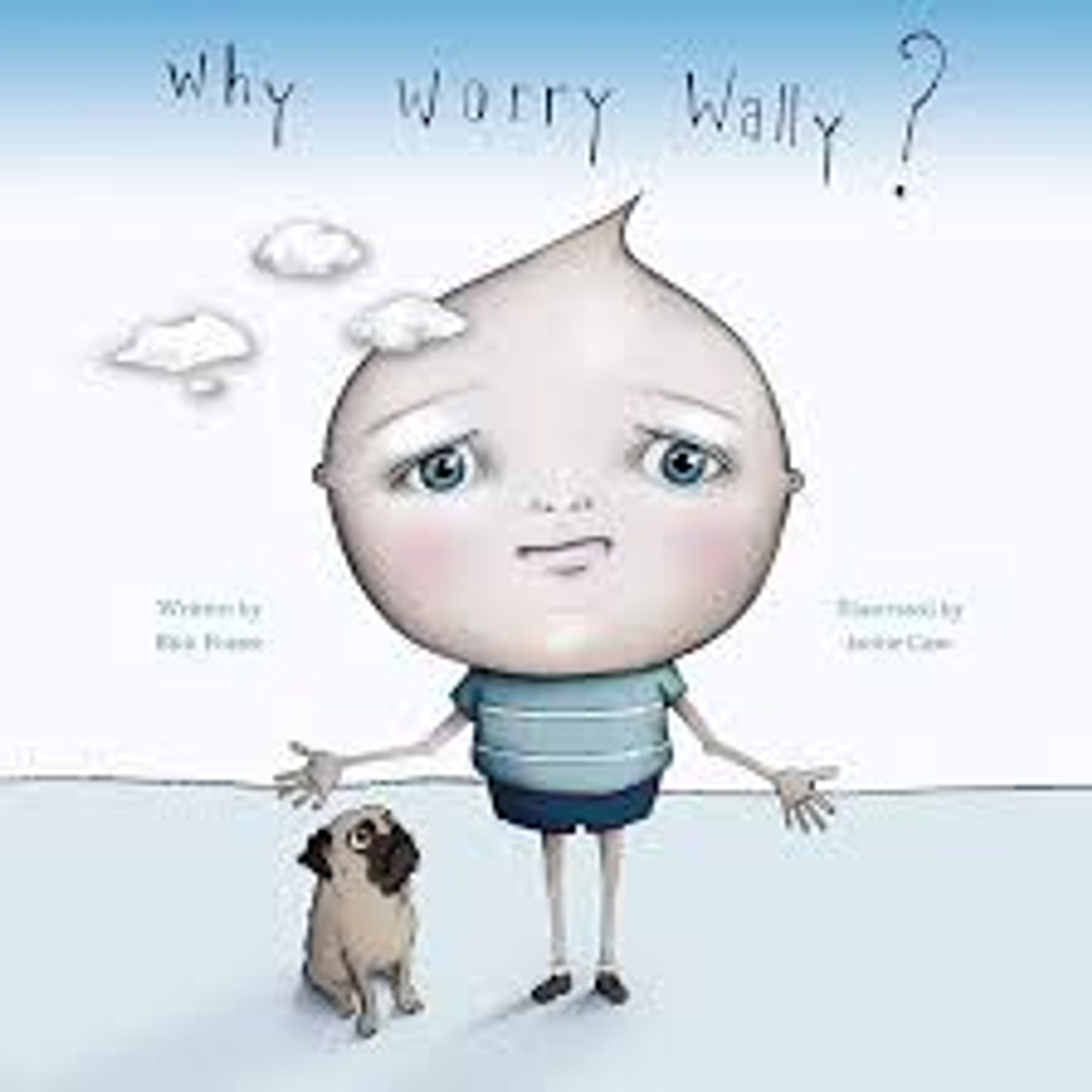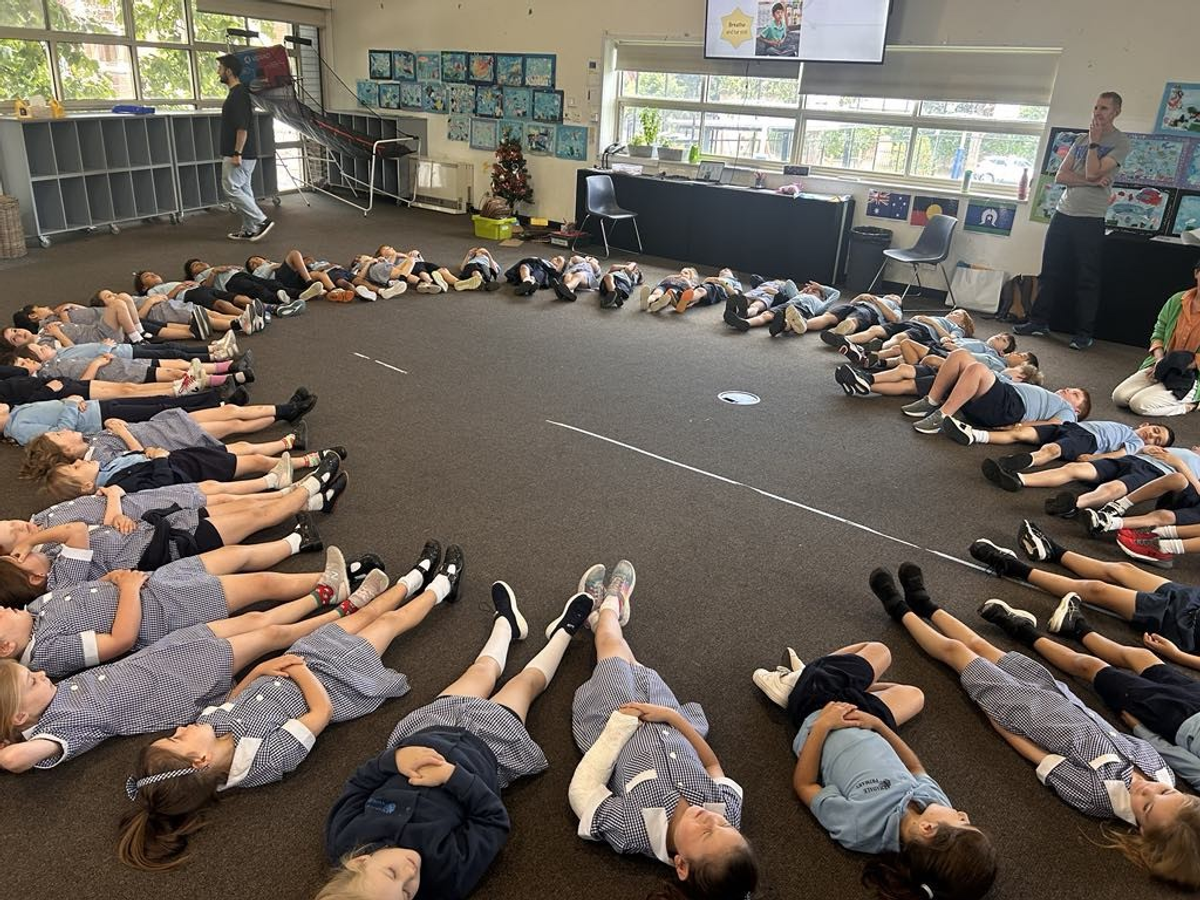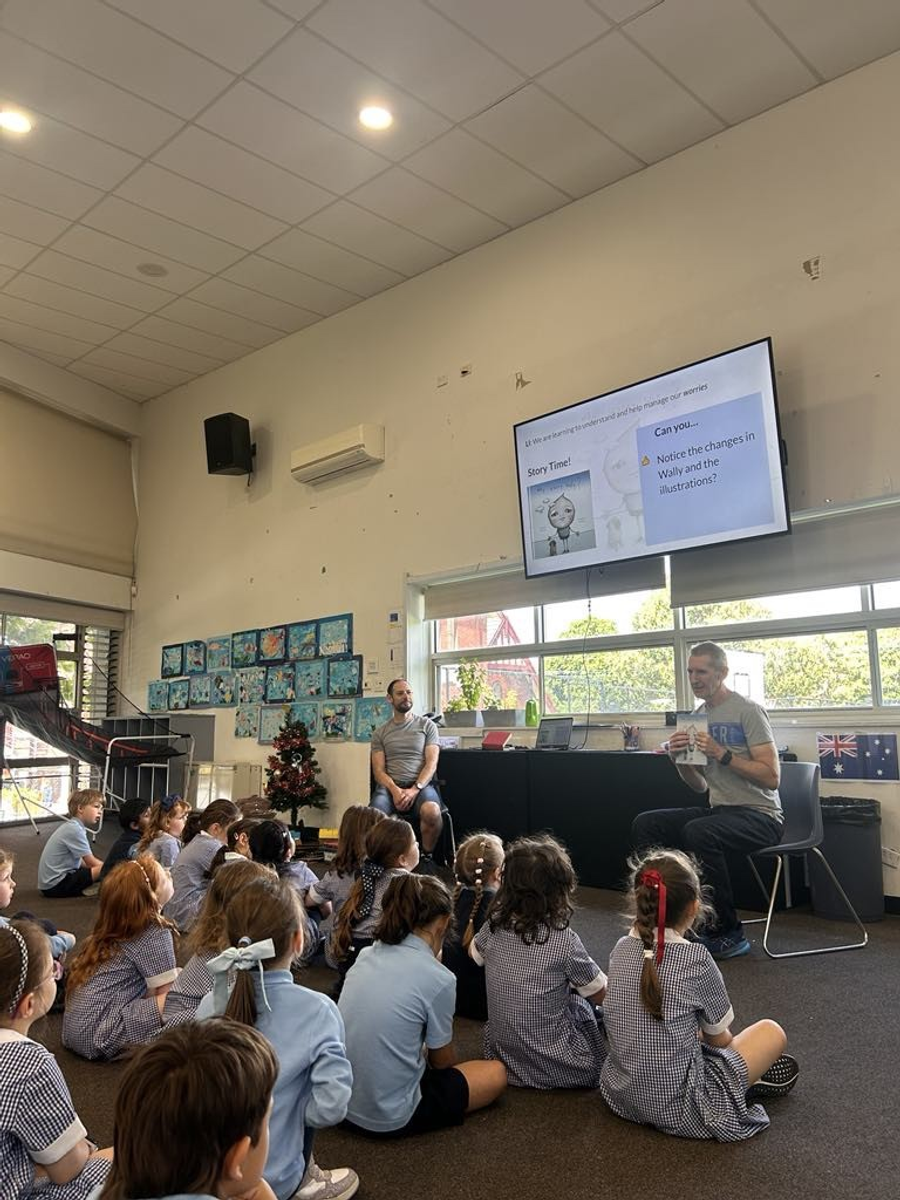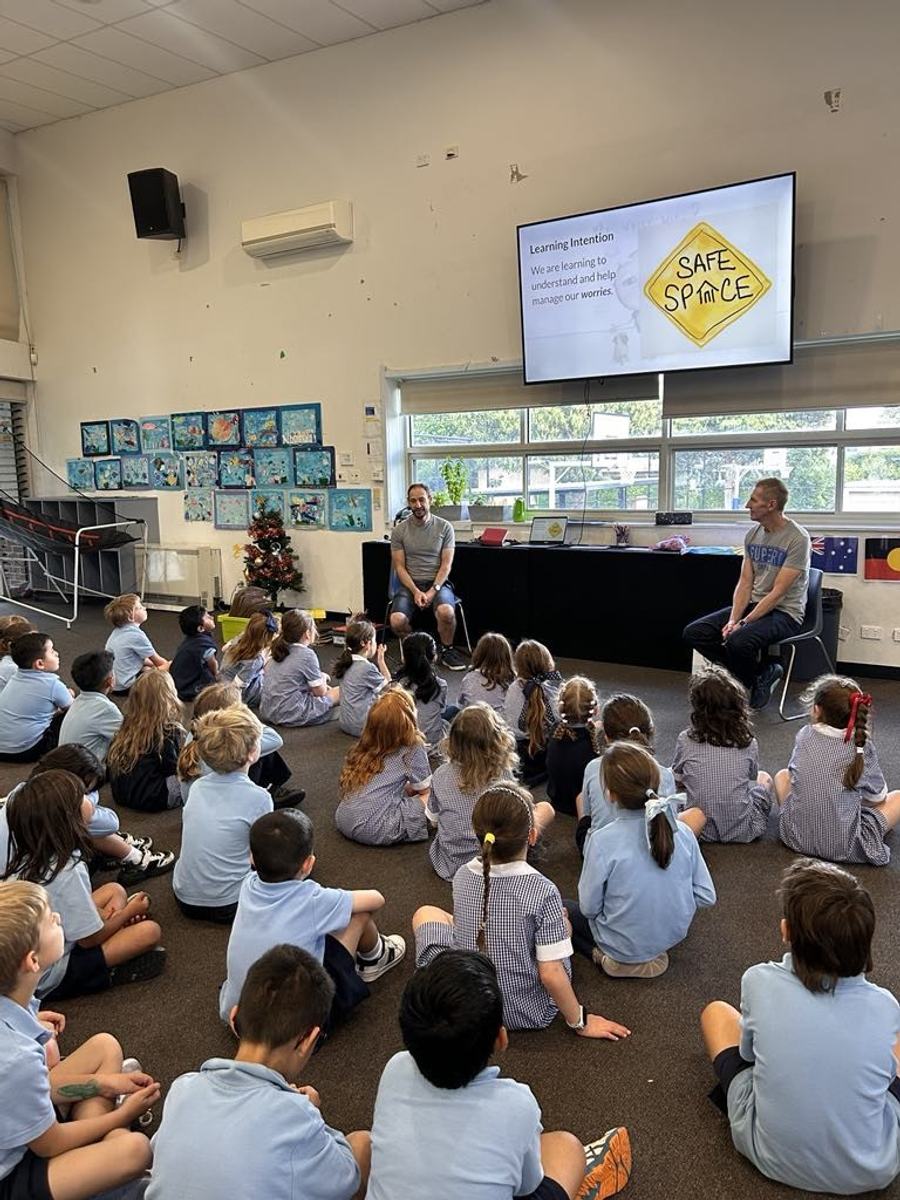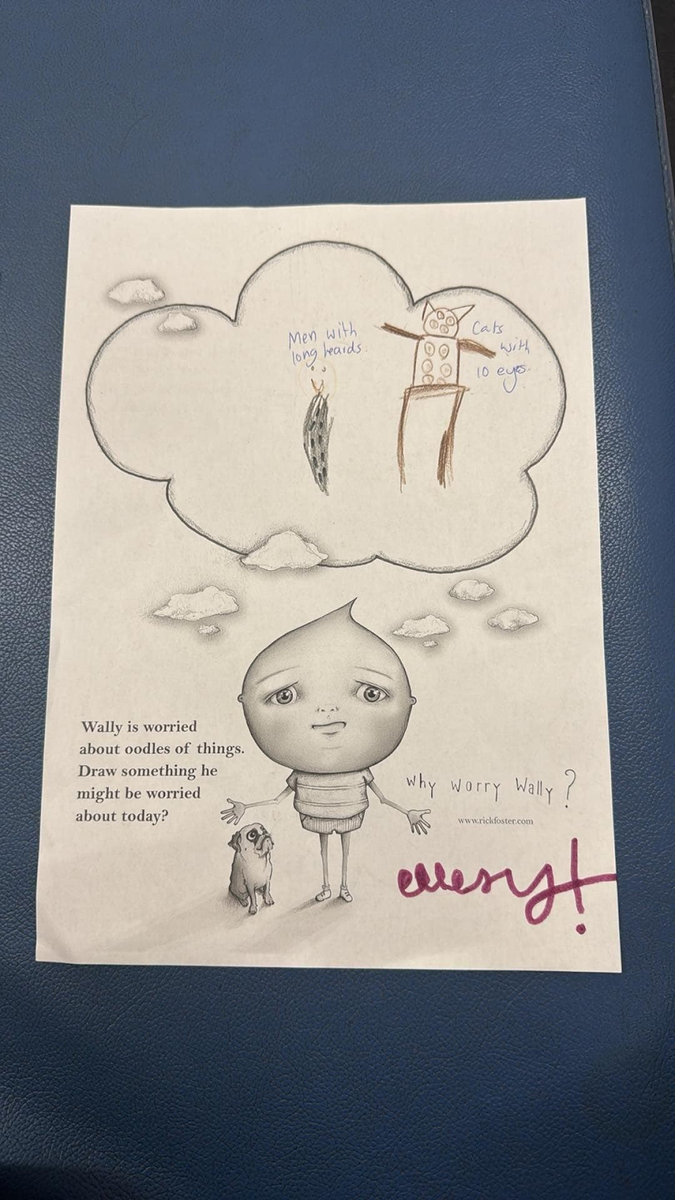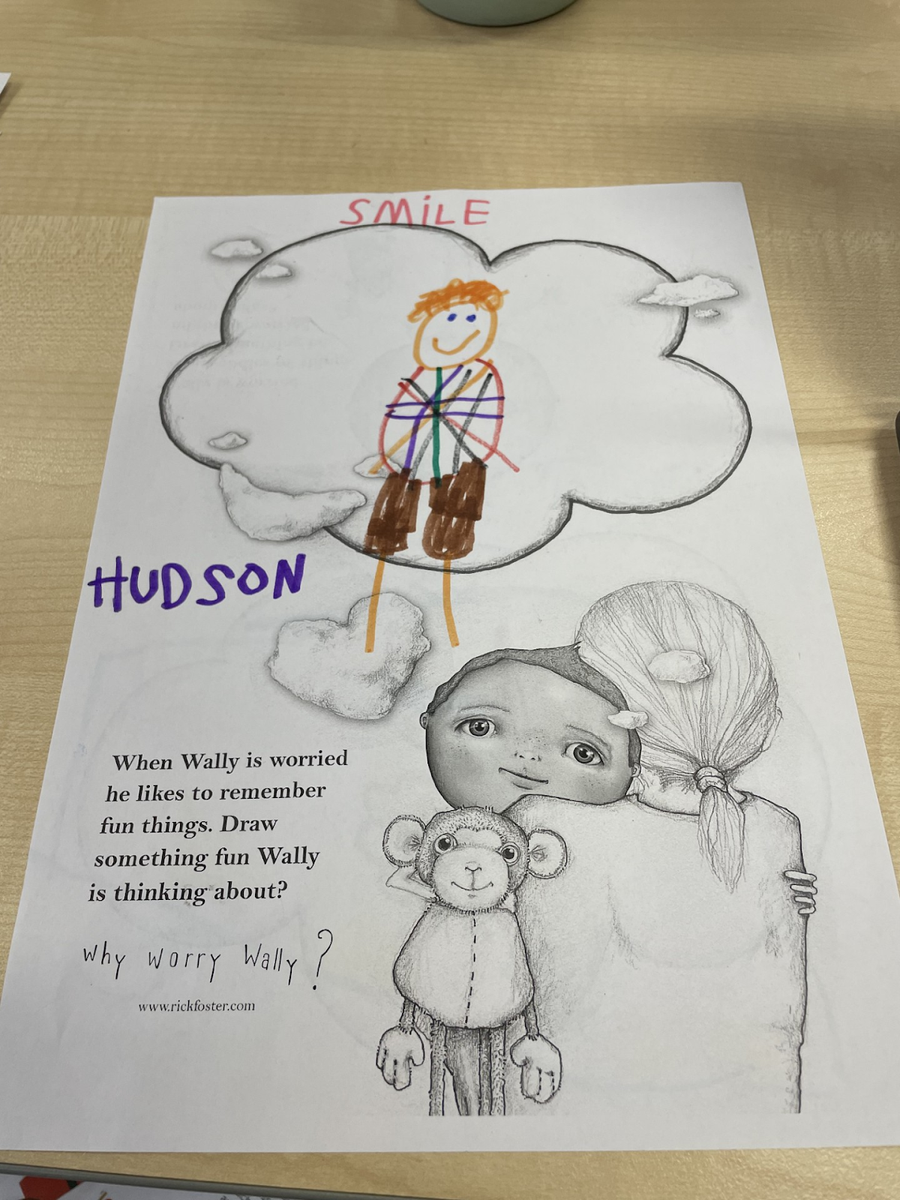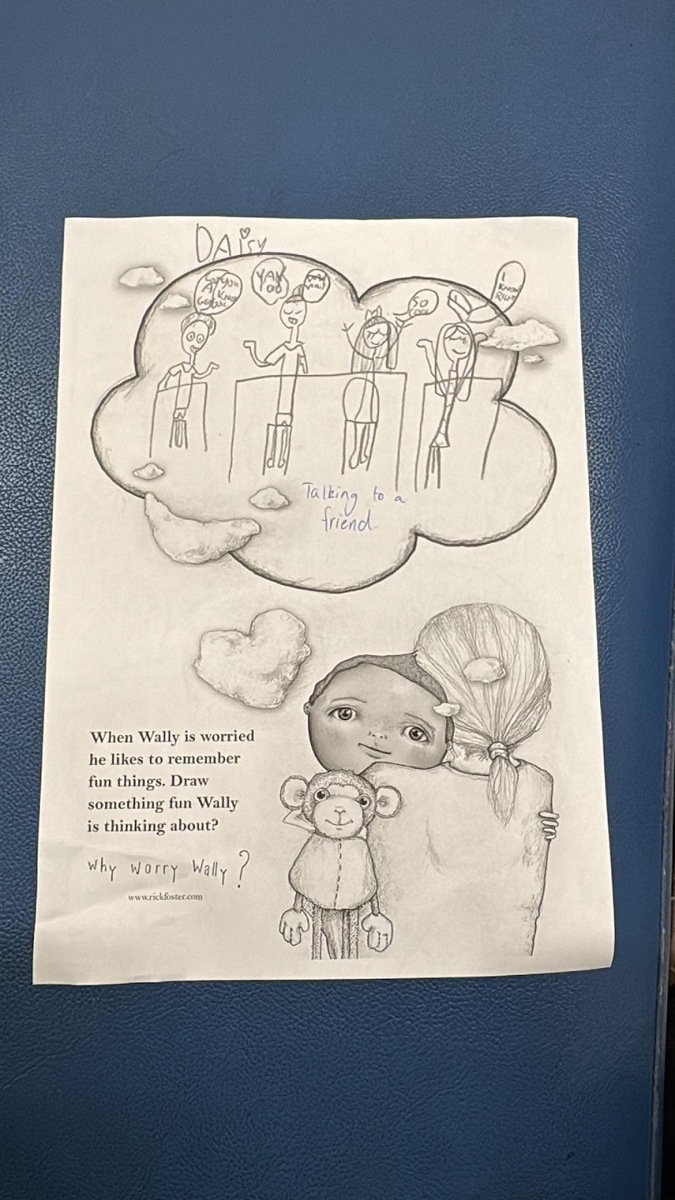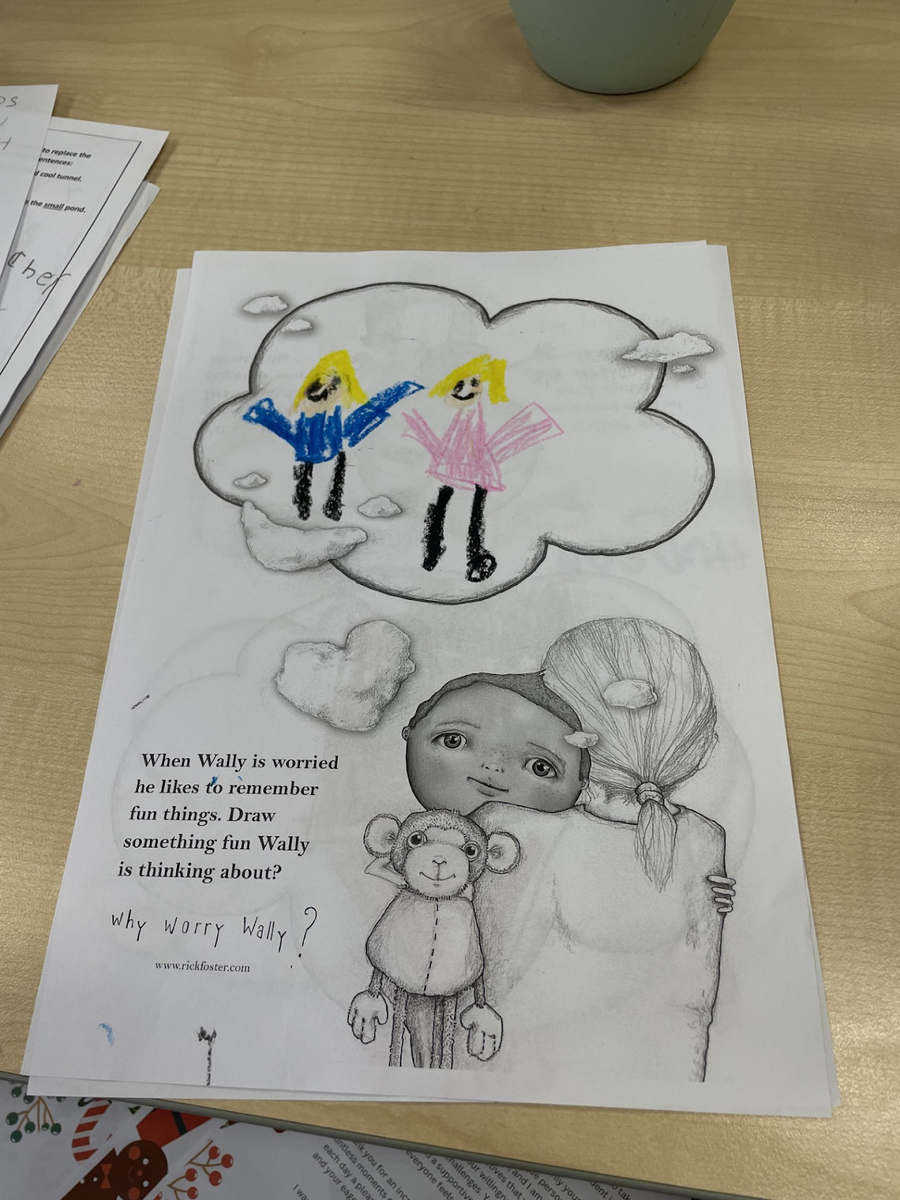Prep Bulletin

A Snapshot into Wellbeing
Learning intention: We are learning to identify strategies to help us cope when we feel worried.
Learning experience overview:
In Prep, we have been exploring the topic of transition and change. To start the unit, we gathered insights from the children about what they are curious to learn or understand about moving into Year 1.
- How do you take care of the guinea pigs? - Chloe
- What does homework look like? - Penny
- Do they have a star jar? - Sophia
- Do Year 1's do Focus Child? - Hazel
- Do you do Investigations in grade 1? - Molly
- Do we do swimming in Year 1? - Emily
- How hard will the work be? - Henry
- Which classroom will I be in? - Grace
- What day is PE on? - Skye
These questions will be unpacked during the remainder of the school year.
Whole
We discussed that with transition and change can come worries. As a class we read the book ‘Why Worry Wally’ by Rick Foster.
As we read, we unpacked the following:
- Understanding worries
- Recognising how worries affect us
- Learning coping strategies
We talked about how the colours in the book shifted from dark and gloomy to bright and cheerful as the worries began to disappear.
Small: Students participated in an activity where they first drew a worry that Wally was experiencing. On the other side, they illustrated something fun that Wally could think about to help the worry go away.
Whole: Students shared their drawings and explained the thoughts behind them.
Incursion:
Building on this lesson, students took part in an engaging and interactive incursion that reinforced the themes of managing worries and emotions. Through hands-on activities and collaborative discussions, they explored practical strategies to address challenges and build their resilience.
In this learning experience, students will work towards:
- Understanding worries
- Recognising how worries affect us
- Identifying effective coping strategies
Examples of students work
What you can do now to continue the learning at home from this experience:
Create opportunities for open conversations about feelings and worries
Encourage your child to share what might be on their mind and discuss strategies they can use when feeling worried, such as taking deep breaths, drawing their feelings, or talking to a trusted adult
Use books or stories about emotions to spark discussions and role-play different coping strategies together
Reinforce the idea that it's okay to have worries and that there are many ways to manage them effectively
Alyssa, Ruby and Julian
Prep Team
Alyssa.Thermos@education.vic.gov.au

